Exclusive
Beyond Prejudice: Understanding benefits of Maritime Varsity
Published
10 years agoon
By
Olu Emmanuel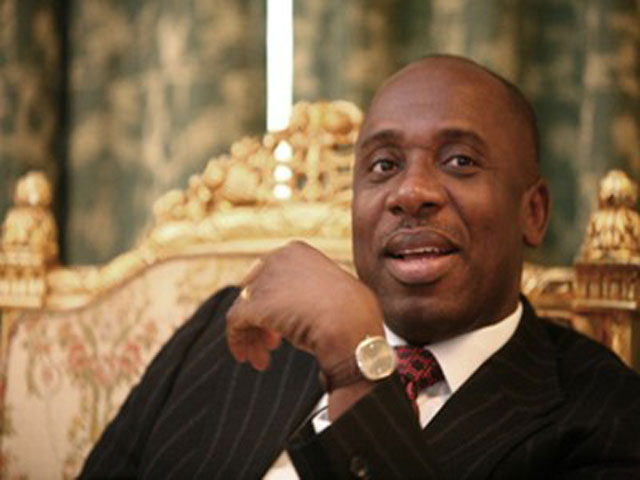
Amidst the controversy as to the benefit of the Maritime University, Okerenkoko and announcement by Minister of Transport, Rotimi Amaechi, of its alleged scrapping, Dr. Mulade, a member of the technical team that worked assiduously for the take off of the varsity provides a rare insight as to the history, processes and benefits of the institution to the Nigerian State.
By ALFRED MULADE
IT is very instructive and gratifying to mention that Nigeria’s premier maritime university, the Nigerian Maritime University, Okerenkoko, being facilitated by the Nigeria Maritime Administration and Safety Agency, NIMASA, is in Gbaramatu Kingdom on the Escravos River, Delta State. This is an area noted for its shipping, oil and gas and inland water-borne transportation since the 15th century. Okerenkoko is about 15 minutes to Escravos and the Atlantic Ocean. Escravos which opens into the Atlantic Ocean is a route for ocean going vessels engaged in the oil and gas, is the bulwark of the Nigerian economy. This is the stable of the Chevron-operated Escravos Tankfarm and Terminal, Escravos Gas to Liquid (EGTL) project, and several integrated and adjoining crude oil fields, including Abiteye, Utonana, Makaraba, Dibi, and other catchment/kindred fields including Olero, Opuekeba, etc. The first offshore production platform in Nigeria ‘OKAN’ is on the Escravos estuary. The Shell Petroleum Development Company (SPDC) also operated several crude oil fields in this area which has just recently been taken over by the Nigerian Petroleum Development Company (NPDC). These include: Jones Creek, Odidi I & II, Egua I & II.
Therefore, the Okerenkoko-Escravos area has been a global business centre for several decades. The navigational relevance of the Escravos River towered very high such that the Tafawa Balewa government of the First Republic (1960-1966) spent about N2.47 billion to procure a foreign firm named Costain, to dredge the estuary. The scope included the construction of a nine-kilometre long mole from the mainland and another island mole of a kilometre in length. The purpose was to keep the entrance of the river perpetually open in order to expand the trade in the western Delta. Granite for the civil works was said to have been obtained from a quarry in Ore area of Ondo State, through rocks blasted and transported by a temporary 25-kilometre railway to the nearest creek port at Igbokodo, from where they were conveyed, in barges through creeks to the Escravos bar, a distance of approximately 230 kilometres, and with total workforce of 2,300, out of which 150 were expatriates. Perhaps, the late Prime Minister Tafawa Balewa envisioned a day like this when an Institution would be domiciled in this region to dispense maritime knowledge.
This is the environment the Federal Government, under the leadership of former President Goodluck Ebele Jonathan, GCFR decided to site the nation’s pioneer maritime university, the Nigerian Maritime University, Okerenkoko. The University was licensed by the Federal Executive Council on May 9, 2015. Thereafter, Governing Council and Pro-Chancellor, Prof. (Mrs) Viola Onwuliri, a former Minister of the Federal Republic of Nigeria, duly appointed together with the relevant principal officers, led by the Vice Chancellor, Mrs. Ongoebi Maureen Etebu, a world-class Professor of Mechanical Engineering. The other officers include: Messrs. Anho Nathaniel Eseoghene, Hassan Bakari and Baba Shaib Aduku as Registrar, Bursar and Librarian, respectively, with the University billed to resume academic activities in the 2015/2016 session. But this was not to be possible! Why? So many questions are being asked by well-meaning Nigerians including enthusiastic parents, community leaders, opinion leaders and stakeholders in the education industry.
All the relevant authorities approved the University: The National Universities Commission, the Federal Ministry of Education, and the Federal Executive Council that give the final approval. Now, against all these legitimate authorities, one individual, Chibuike Amaechi, out of prejudice and inadequate information, says the University project is improper.
Amaechi was quoted to have told the Senate Committee on Marine Transport to the effect that it was a waste of resources on the part of NIMASA to have embarked on the establishment of the Nigeria Maritime University at Okerenkoko and that it was a wrong decision in the first place, when such resources should have been channeled to other existing institutions. He puts it thus: “we are not going ahead with the University Project proposed by NIMASA because we have an Institution in Oron, we have the Nigerian Institute of Transport Technology, Zaria, and we have the Nigerian College of Aviation which we could upgrade to a University status and NIMASA is proposing to build a new one”.
Amaechi did not end there. He went further to drop the bombshell sarcastically: “who will attend the University? How many parents will send their Children to go to such a place where it proposes to site the University”.
So, where then is good for siting of a University? I do not know the yardstick Amaechi used in discrediting the siting of this University at Okerenkoko. If there must be any region or area qualified for siting of a Maritime University, it should be the Gbaramatu-Escravos area.
Escravos, the home place of the Ijaws and their neighbours, the Itsekiris, have been so prominent and strategic for world commerce since the early centuries AD. The establishment and choice of location for siting of the Maritime University, followed a thorough and rigorous process in accordance with extant regulations. Amaechi even alluded to the existence of a Feasibility Study, which of course, is a vital document, precedent to the implementation of major projects of this nature. The Feasibility Study report would have addressed all the fears and concerns that the Minister is now bothering himself with.
NIMASA, in the execution of its mandate, proposes to establish the Nigerian Maritime University, Okerenkoko, Delta State, Nigeria. NIMASA empanelled a team of world class academics and professionals in the Industry led by the very resourceful Prof. G. G. Darah, a Delta State delegate to the 2014 National Conference. Others include Professors Christopher Ikporukpo, former VC of Niger Delta University, Wilberforce Island, Amassoma; Christopher Orubu, Emperor Kpangban, Temi Akporunor, Davies Ekwenna (of blessed memory), Capt. Joe Ihediwa, Drs. Amy Emerhi, Sunny Awhefeada, Alfred Mulade, Martin Tugbokorowei, Enajite Ojaruega, Peter Omoko, and a host of others, to develop the Academic Brief and Curriculum for the University. This assignment which was completed within record time, gave rise to the formal ground-breaking ceremony performed by former President Goodluck Ebele Jonathan, GCFR on May 10, 2014, and eventual approval by the Federal Executive Council, (FEC) on May 9, 2015.
The University is a response to the chronic shortage of professional human capital and globally competitive technical knowhow in the maritime industry and economy. The disadvantage of Nigeria in the world’s maritime economy is alarmingly demonstrated by the fact that the country presently has no more than 1,000 personnel of about 150,000 needed to service the national industry. This situation has compounded Nigeria’s embarrassing dependency on foreign nationals and operators whose overwhelming dominance poses a serious security crisis for Nigeria and the entire Gulf of Guinea and the West African sub-region. No less troubling is the massive capital flight arising from the engagement of foreign shipping facilities, agencies, and personnel. The establishment of the University is an appropriate and timely remedy for this multi-faceted crisis.
Furthermore, the global maritime economy has become increasingly knowledge-driven, necessitating the production of local high-level professionals imbued with requisite dosage of nationalism and patriotism. There are about 140 Universities in Nigeria, yet none of them offers degree courses in maritime studies and engineering. The Nigerian situation should be contrasted with that of other countries. The Philippines has 44 maritime Universities, India 26, United Kingdom 16, and Bangladesh 14. Nigeria has only the Nigerian Maritime Academy at Oron, Akwa Ibom State, which is not a degree awarding institution.
Dr. Alfred Mulade, Petroleum Economist and Rural Development Policy Analyst, wrote from Warri, Delta State.
You may like
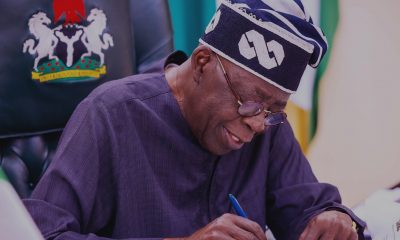

Tinubu appoints former aide, Dr. Mobereola as NIMASA DG
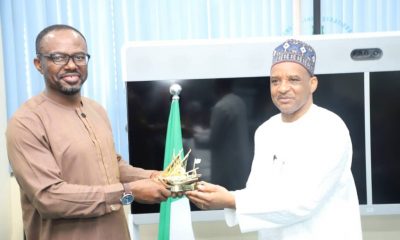

NIMASA, NCC partner on submarine cable regulation
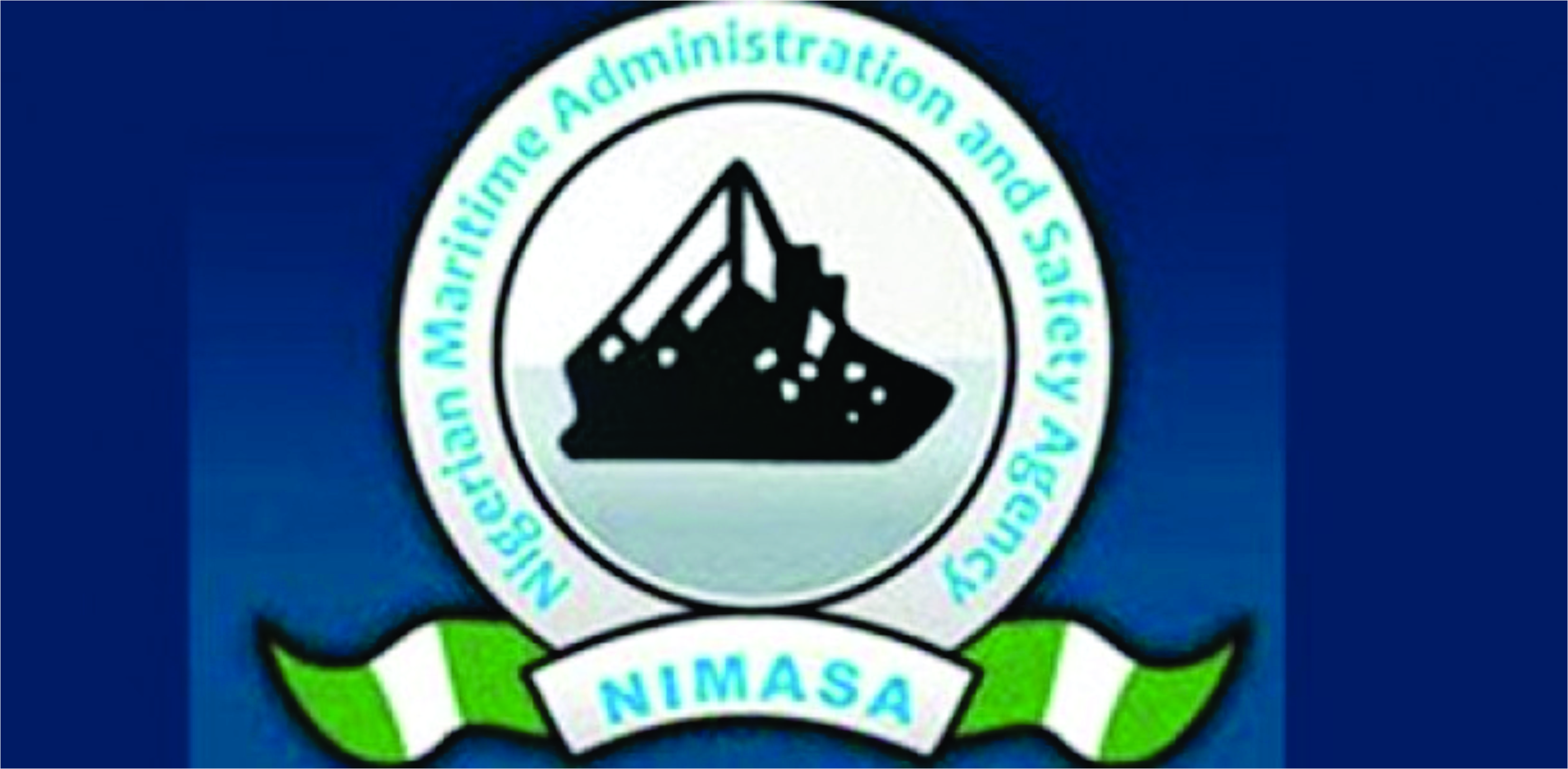

NIMASA says, piracy declining, seeks collaboration for sustainability


NIMASA, Navy collaboration key to secured shipping environment


Former Acting DG NIMASA arraigned for fraud
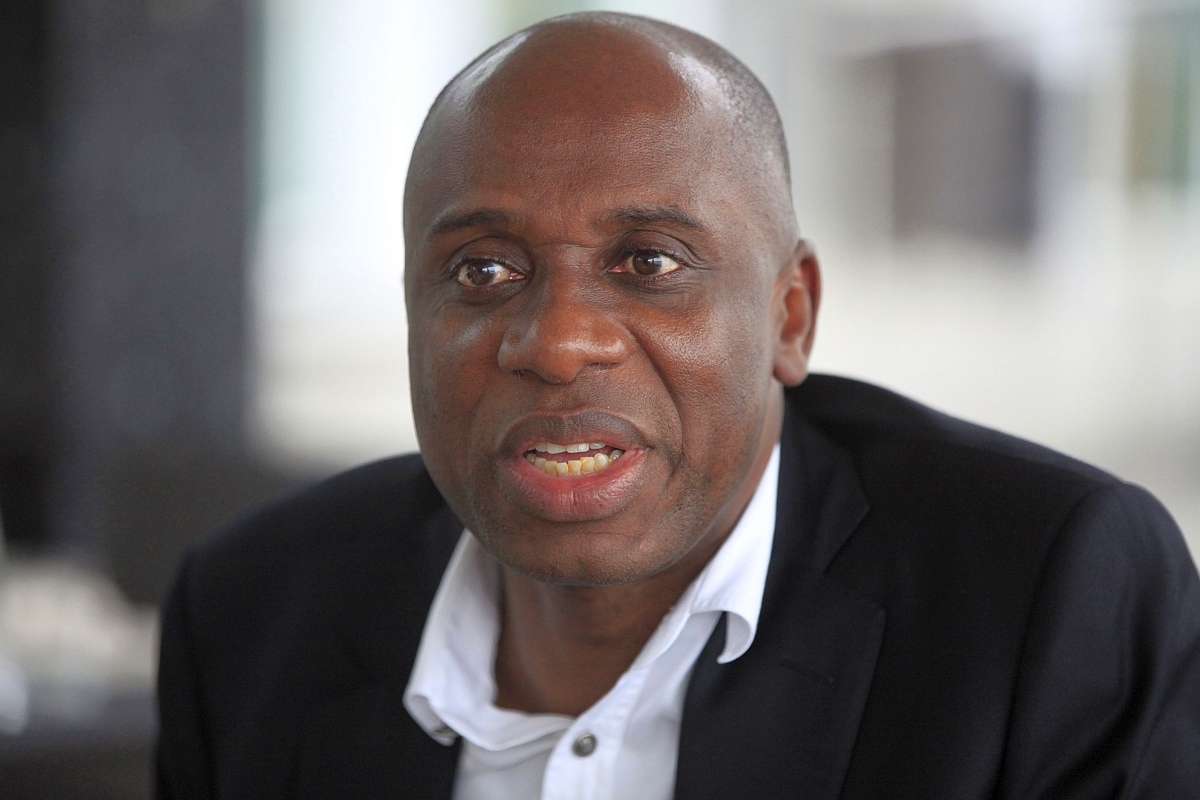

Rivers APC tasks Buhari to end Rivers political violence
Trending

 Football7 days ago
Football7 days agoNFF dismisses claims of DR Congo’s World Cup qualifying disqualification

 Entertainment6 days ago
Entertainment6 days agoSinger Simi sparks debate after calling for death penalty for rapists

 Football1 week ago
Football1 week agoCAF set for quarter-final draws in Cairo as road to continental finals takes shape

 Business5 days ago
Business5 days agoNaira mixed across markets as official window dips, parallel market strengthens

 Football6 days ago
Football6 days agoGalatasaray thrash Juventus 5–2 to hand Spalletti first champions League defeat

 Football1 week ago
Football1 week agoPardew praises Arteta’s four-competition charge, backs Liverpool for Champions League triumph

 Business6 days ago
Business6 days agoNaira hits N1,337 against Dollar amid positive market sentiment

 Crime7 days ago
Crime7 days agoSouth African Court charges three over murder of Nigerian e-hailing driver in Pretoria

